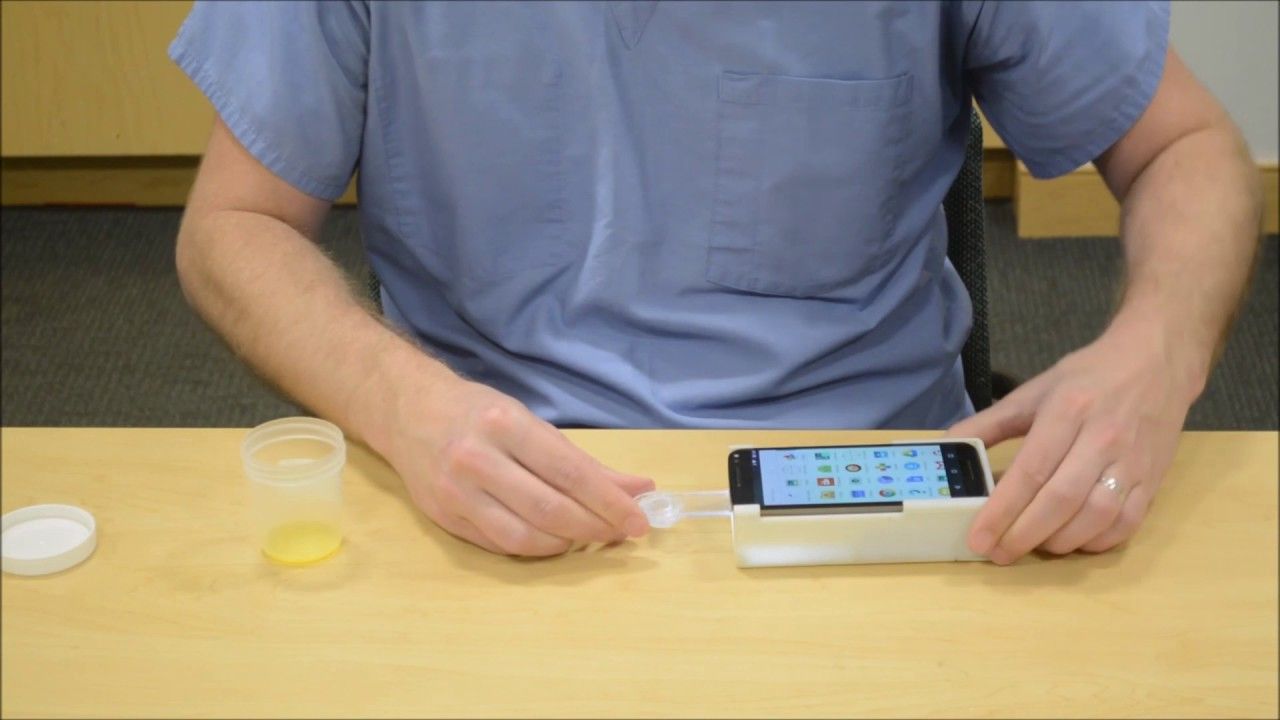More than 45 million couples worldwide grapple with infertility, but current standard methods for diagnosing male infertility can be expensive, labor-intensive, and require testing in a clinical setting.
Cultural and social stigma, and lack of access in resource-limited countries, may prevent men from seeking an evaluation. Investigators at Harvard-affiliated Brigham and Women’s Hospital (BWH) and Massachusetts General Hospital (MGH) set out to develop a home-based diagnostic test that could be used to measure semen quality with a smartphone-based device. New findings by the team indicating that the analyzer can identify abnormal semen samples based on sperm concentration and motility criteria with approximately 98 percent accuracy are published online in today’s Science Translational Medicine.
“We wanted to come up with a solution to make male infertility testing as simple and affordable as home pregnancy tests,” said Hadi Shafiee, a principal investigator in the Division of Engineering in Medicine and Renal Division of Medicine at BWH. “Men have to provide semen samples in these rooms at a hospital, a situation in which they often experience stress, embarrassment, pessimism, and disappointment. Current clinical tests are lab-based, time-consuming, and subjective. This test is low-cost, quantitative, highly accurate, and can analyze a video of an undiluted, unwashed semen sample in less than five seconds.”
